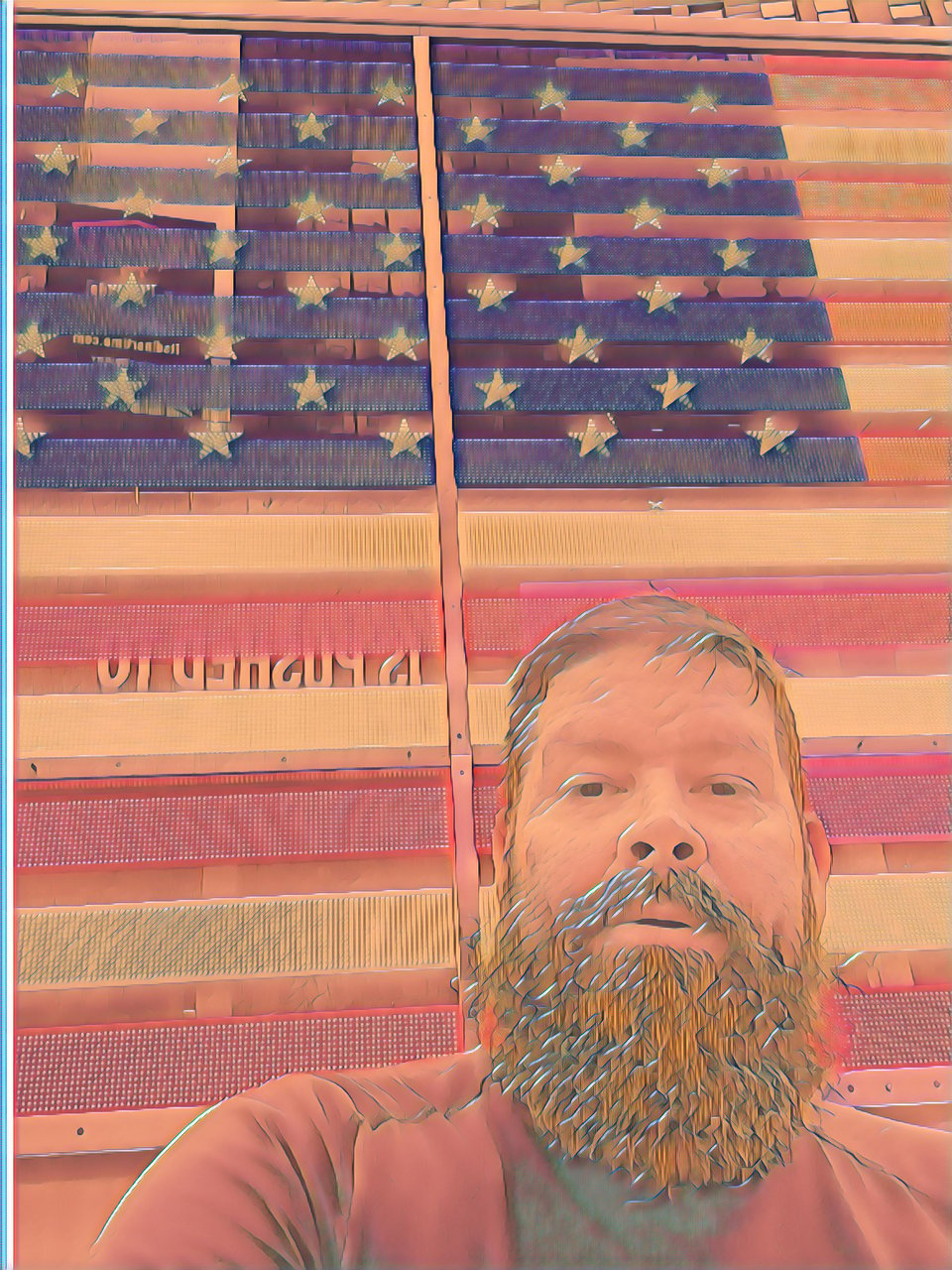Weekly API Evangelist Governance (Guidance)
I am finding a way forward in the noise of today’s tech landscape. Last week’s newsletter dive into OpenRouter continued to evolve my view of the landscape. Particularly the input, output, and routing involved. I think the conversational nature of interactions is pushing forward some concepts, but the model segmentation of everything is also shifting the technology and business of how we integrate and automate in some interesting, but also some concerning ways—further obfuscating while simultaneously increasing velocity.

What Are We Capable Of?
Coming out of that deep dive into OpenRouter, and other market research, I was left this week with some new thoughts around what a business capability is in today’s market. I am building on the work of Mike Amundsen, Daniel Kocot, and Christian Posta, as I work to shift my world view. I don’t think that AI should be part of everything, but I am coming to terms with where it can be used, and the need to support people in being capable of what they need to be successful in keeping our much needed jobs in this moment.

Looking Around the Corner
I don’t usually do many predictions about what the future holds. I prefer learning from the past to meet this moment. However, as I make sense of what is happening, I can more confidently see how things will play out. In short, AI as it is currently hyped will continue getting smaller, and occupy a diverse toolbox of models which accompanied by APIs, and data sources. I can see where this will all shake out, as people become more aware about what is the optimal use of AI, APIs, and data in service of real world automation.

Input & Output
While I don’t believe that conversational interfaces will be the default application mode, I am interested in how it has evolved the human messaging layer, but also the API messaging layer. I see the input and output layer for APIs become an increasingly common dimension for making sense of the cloud, SaaS, API, and AI sprawl that is inevitable across any medium to large company today. This is more than just queries, prompts, and caching, in that it provides a new and interesting orchestration layer for governance.

Routing & Ranking
I have long been interested in rating and ranking systems for APIs. I am a big fan of validating and rating OpenAPIs using Spectral rules at design time, but also integration time. This is what I see unfolding when it comes to the gateways and other solutions emerging for switching and optimizing across large language and increasingly small language models. Routing and ranking across APIs, but also the models and data sources underneath them offers a compelling way to approach business integration and automation.

Discovery & Workspaces
There is more work to be done this week on this subject, but I have been enjoying Bruno Pedro’s coverage of API discovery in his newsletter, and generally agree with him that the Postman Network provides a successful blueprint to consider when talking about what API discovery can be. I think the private, team, partner, and public nature of the API network plays a role, but also the quality of the workspace and resources being made available to consumers integrating across APIs, AI models, and data sources in any given moment—realizing discovery is not static and central, but dynamic and localized.

Cost & Risk
It is difficult to understand the different priorities across each business sector being impacted by technology today. However, cost and risk of the technology we are putting to work seems to resonate with everyone I am talking to. The challenge is, their is a lot of concern right now regarding the cost and risk of being left behind in the current market opportunity, as well as whatever the future holds in 2026 and 2027, as we continue wrestle with where artificial intelligence, and other machine learning fits into our operations.

Open Source & Standards
The primary reason I am able to take this current market head on right now in this moment is because what I am building with API Evangelist, but also with Naftiko is built on open-source tooling and open-source standards. I am looking to take everything I learned at Postman and apply to what I saw being needed at Bloomberg, but approach with a full embrace of open-source, with everything I know about how both startups and enterprises truly see open-source tooling and standards in their own selfish ways.

A Capable Voice
I managed to write two pieces on the blog this week—that is progress. If I can’t write from an honest place, I just don’t write. I am slowly finding my voice amidst the noise. I don’t need to have the right way, or be the guy with all the answers. I am finding peace with my vantage point as an API consumer just dealing with the world the way it is. It is messy and diverse. Few of us have much control in a world where there is a significant amount of distance between us—in geographic, but also ideological. I am accepting this while still making my way through the sprawl, telling stories about what I am seeing while I am also building useful solutions via Naftiko.
"Management always hopes to devise systems that are simple…but often ends up spending vast sums of money to inject requisite variety – which should have been designed into the system in the first place" - Stafford Beers